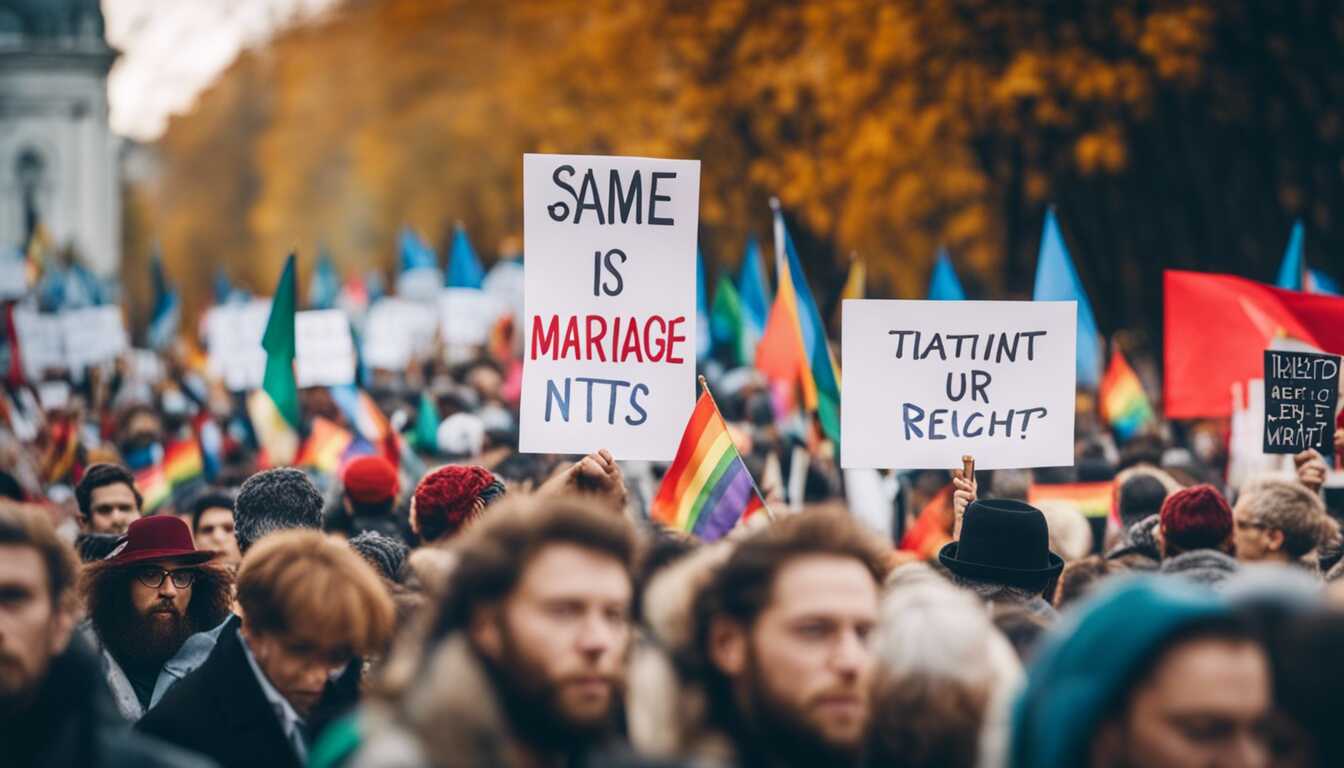
Supreme Court Justice Alito Renews Criticism of Same-Sex Marriage Ruling

Supreme Court Justice Samuel Alito has once again expressed his criticism of the high court’s historic ruling on same-sex marriage. In a five-page statement regarding the court’s decision to decline a case involving a Missouri lawsuit, Alito reiterated his concerns about the implications of the 2015 Obergefell v. Hodges decision.
The Missouri Department of Corrections v. Jean Finney case revolved around an employment discrimination dispute where jurors were dismissed after expressing religious reservations about same-sex relationships. Justice Alito, while concurring with the court's choice not to hear the Missouri lawsuit, used the opportunity to highlight what he sees as the potential dangers stemming from the Obergefell ruling.
Alito voiced his apprehension that individuals openly holding traditional religious views on homosexual conduct could face government-led discrimination and be unjustly branded as bigots. He referenced the 2015 Obergefell v. Hodges decision, emphasizing that it was not intended to be utilized in a manner that would lead to such consequences.
Context
The 2015 ruling, which favored same-sex marriage rights with a 5-4 vote, saw Alito as part of the dissenting minority, along with Chief Justice John Roberts and fellow conservative Justices Antonin Scalia and Clarence Thomas. Alito’s recent statement underscored his ongoing unease with the ramifications of the Obergefell decision, especially in cases like the one the court declined to review.
The case at the center of the court’s decision not to hear, Missouri Department of Corrections v. Jean Finney, revolved around Jean Finney, an employee at the Missouri Department of Corrections, who alleged that her workplace became hostile after she entered into a same-sex relationship with a colleague’s former spouse. Finney filed a lawsuit against the Missouri DOC, holding the department responsible for her colleague’s actions, as reported by The New York Times.
During jury selection, Finney’s lawyer probed potential jurors about their religious beliefs concerning sexuality. Representing a lesbian client, the lawyer sought to dismiss jurors based on their responses to this issue, leading to allegations of religious discrimination.
Justice Alito conceded his agreement with the decision not to take up the case, albeit reluctantly, as it was requested by the Office of the Missouri Attorney General. However, he reiterated his concerns about the potential impact of the 2015 ruling on this specific case and similar future cases.
Share news















